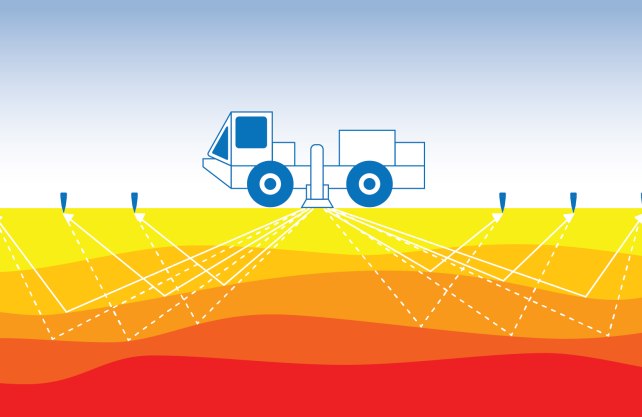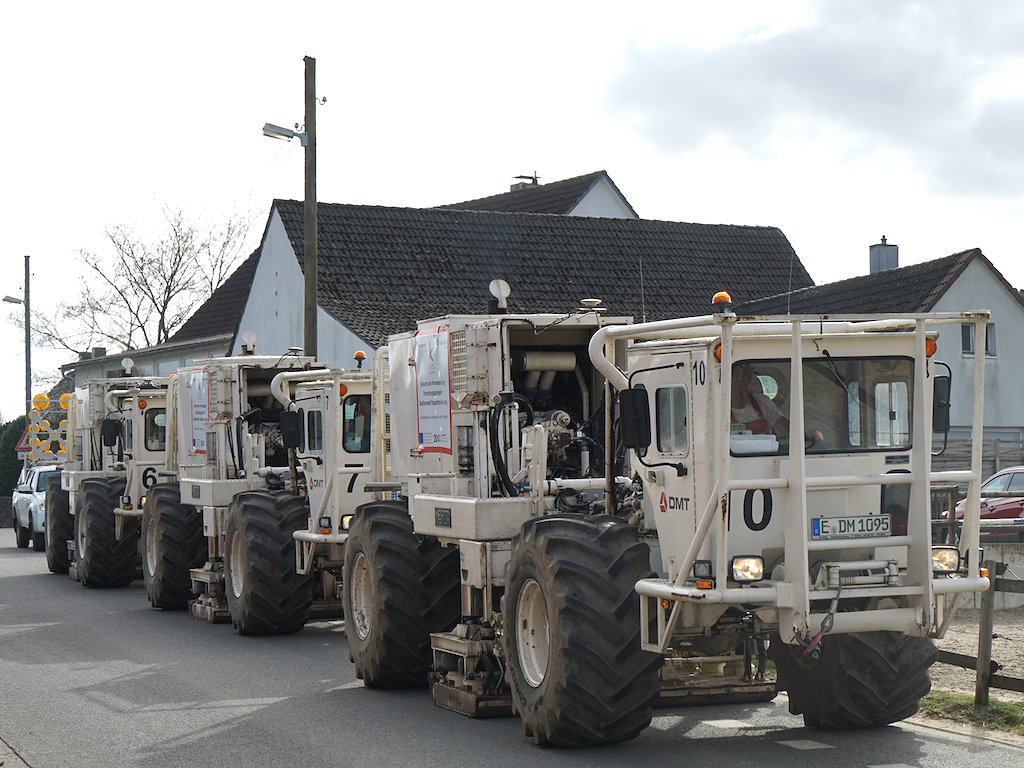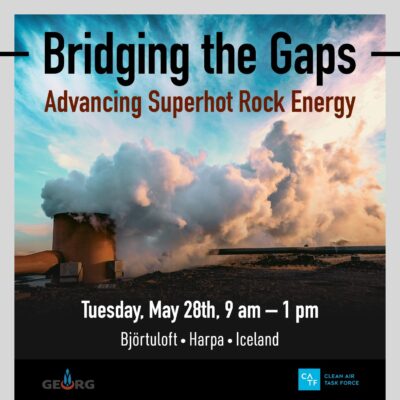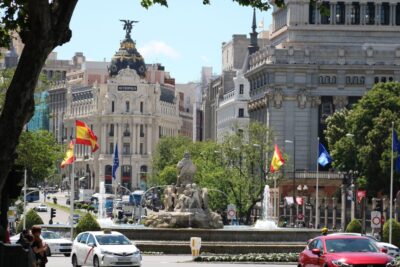Geothermal potential to be explored in North Rhine-Westphalia, Germany
A large scale seismic campaign will start in November 2021 in the region Münsterland in NRW, Germany to explore the geothermal potential.
Local news from Germany report that the region of Münsterland, will be the pilot region in exploring the geothermal potential in the German state of North Rhine-Westphalia, with a first seismic campaign to start in November 2021.
“In order to be able to use the heat treasure beneath our feet, suitable rock structures are necessary in which the required amount of hot deep water is available and can be extracted,” says a message from the North Rhine-Westphalia Ministry of Economics.
Such rock structures are, for example, limestone layers, also called carbonates. “We know from boreholes in Billerbeck that took place in the 1960s that these carbonates are present in the Münsterland,” explains Dr. Ulrich Pahlke, Director of the Geological Service in North Rhine-Westphalia. As part of “Münsterland 1” in Billerbeck-Aulendorf, the scientists had drilled almost 6,000 meters into the depths – at that time with the aim of finding fossil fuels.
180 degrees Celsius at a depth of 6,000 meters
Geological investigations as part of the DEKORP program (German Continental Reflection Seismic Program) led to further insights into the rock formations of the Münsterland in the 1980s and 1990s, it is said. Limestone layers were revealed at a depth of 5500 to 6000 meters. Temperatures of up to 180 degrees Celsius prevailed at such depths, which are very interesting for geothermal use.

Picture: The vibrotrucks send sound waves into the ground, which are picked up by microphones. (source: Enerchange)
This knowledge and the good conditions made the Münsterland an ideal pilot region, said Andreas Pinkwart, Minister for Economic Affairs of North Rhine-Westphalia. The new measurements should provide information about the depth and thickness of the limestone formations in the Münsterland.
The state is providing funding of EUR 2 million for the potential study. This means that NRW is making advance payments. The results from the study make it easier for potential investors to assess whether future drilling will be worthwhile. There are already interested parties from the economy for the use of heat from deep geothermal energy, said Pinkwart.
The measurements, which will take place from November onwards, will work without a drill. Instead, specially equipped trucks send sound waves into the ground, while microphones on the surface of the earth pick up the returning sound waves. The signals are then evaluated. Five of these special trucks, so-called vibrotrucks, are to be on the road on two measuring lines between Billerbeck and Sendenhorst and between Dülmen and Münster Nord. They drive through the communities of Billerbeck, Dülmen, Havixbeck, Nottuln, Rosendahl, Senden and Sendenhorst. The measuring lines cross in Münster.
Further details (in German) on the technology, the exact sequence of measurements, route planning, geoscientific background and the goals of the project can be found at www.seismik-muensterland.nrw.
Source: Westfalenspiegel


















